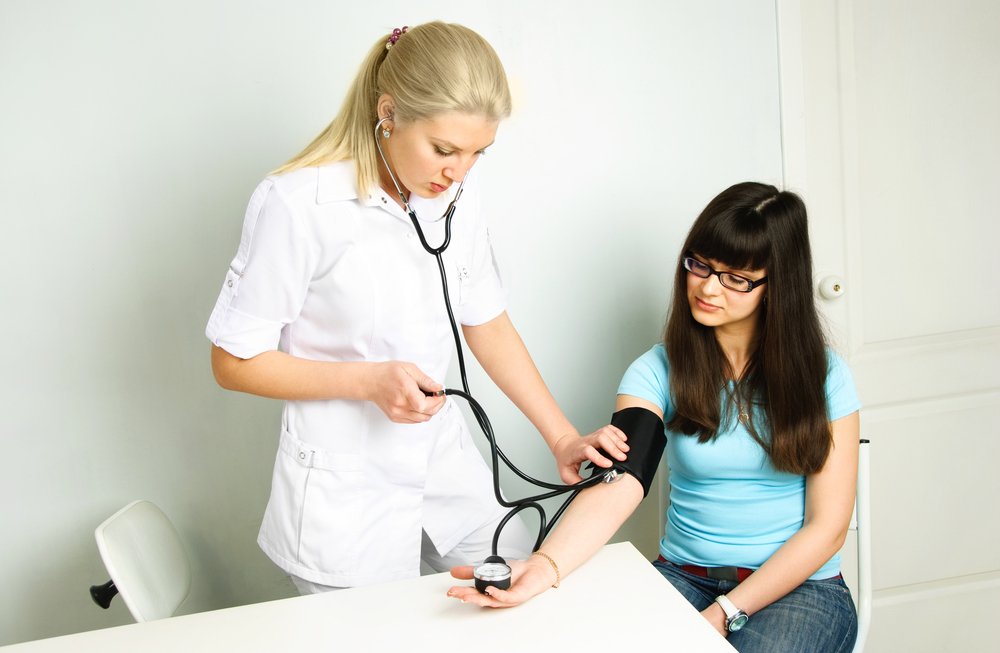4 Natural Ways To Manage Hypertension In Adults
Hypertension or high blood pressure can be caused by several risk factors like family history, age, gender, and lifestyle. While many of the risk factors cannot be controlled, you can always implement positive lifestyle changes that will transform your life and help you manage the condition better. Many doctors today recommend patients suffering from high blood pressure to seek help from natural remedies while they continue with their hypertension medication.
Read further to learn about four such natural ways in which you can control and improve your blood pressure levels.
Try eating consciously
It is important to be aware of what you feed your body, as food plays a vital role in maintaining your blood pressure levels.

Maintain a healthy weight
It is observed that losing even a small amount of weight when you are suffering from high blood pressure can create a positive impact on your health.
Start exercising regularly
If you regularly exercise for about 30 minutes every day then you can easily manage to bring down your blood pressure level by about 5 to 8 mm Hg. Keep in mind that you need to be consistent when it comes to physical activities because if you stop working out, then your blood pressure is most likely to rise again. By indulging in walking, swimming, jogging, and other aerobic exercises you can prevent your blood pressure from shooting up.
Keep your stress levels in check
Though there is no strong evidence to prove that stress increases blood pressure, it is observed that people who are chronically stressed often suffer from high blood pressure. So, it is recommended to avoid stress if you wish to improve your hypertension situation. The best way to tackle stress is to first narrow down the cause of your stress and once you have it figured out, plan on how you want to change your life for the better. Managing everyday stress by practicing meditation is also an ideal solution for stress management.
It is vital for you to regularly check your blood pressure levels and refer to the blood pressure chart in order to comprehend what your blood pressure numbers indicate. If you suspect that you suffer from hypertension, then visit a doctor immediately and start your treatment.

